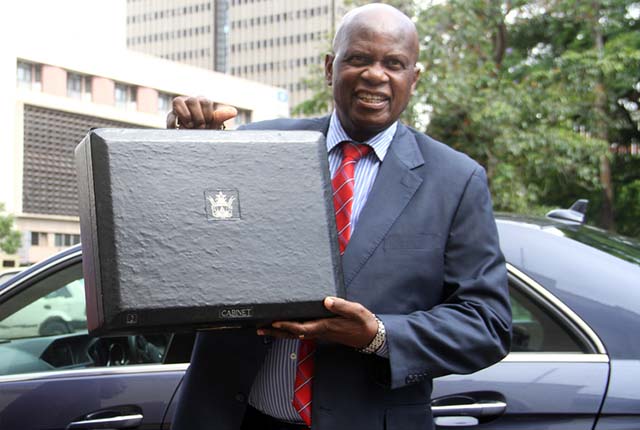In election’s wake, will third parties rise?

Jonathan H. Martin Correspondent
In the aftermath of the election, important questions abound about the nation’s future. However, one is clearly missing from the public conversation: Will Americans’ growing frustration with the major parties give third parties a new boost?
As well known, the 2016 Democratic and Republican presidential nominees were the most disliked in recent US history. And since 2013, according to Gallup, a sustained majority of Americans has thought “our major political parties do such a poor job that a third party is needed.”
Thus, minor parties enjoyed a notable spurt in campaign engagement this year. Of course, in the ballot box they didn’t surge countrywide, as they’d hoped. Their top two presidential candidates received less than 5 percent of the vote combined, and their gains at lower levels remained isolated. Still, for third parties could it be that “the loser now will be later to win, for the times they are a changin’” (Dylan)? That’s certainly possible, if “winning” pertains to the crucial, immediate battle for more grassroots supporters and activists.
On the battle’s left front, minor parties may have a considerable opportunity to advance. Months before Election Day, many progressives were already simmering about the Democratic primary, which they viewed as rigged against Bernie Sanders by a pro-Clinton party establishment.
Clinton’s loss to Trump seems to have accentuated their disgust with the party leadership. These “Berners” are familiar with polls suggesting that Sanders, as a progressive populist, would have been better able to win the general election than Clinton, a chameleon-like corporate hack.
They realise that Sanders’s clear class-based message may well have attracted numerous economically disaffected voters ultimately drawn to Trump. They could even infer that the Democratic Party would rather lose a major election than back a true progressive candidate.
Therefore, many ordinary progressives may now have a lot less tolerance for a party that fails to represent them. Furthermore, the Democratic Party is very unlikely to stop disappointing (if not betraying) them, because it remains beholden to wealthy elites who provide much of its campaign cash. As a result, even Bernie may be unable to prevent a bleeding “DemExit” into new or existing progressive third parties in the months and years ahead.
Meanwhile, some Trump supporters could also be pressed onto a third party course. During his campaign, Trump promised that he would aggressively defend ordinary Americans. Yet since the election, he already has made moves indicating that, as president, he will heavily favour big business — in tandem with his partisan majority in the new Congress. And should he try to take any significant actions to the contrary, other Republicans will likely thwart him.
These tendencies could eventually alienate certain anti-establishment Trump voters from the entire Republican Party. To the extent that the Democrats can’t offer them a credible populist alternative, various third parties could start to do so.
Of course, the major parties have long demonstrated a remarkable ability to deflect challenges to their dominance. Yet from the mid-19th to the early 20th century, third parties repeatedly became strong enough to help bring about critical reforms on behalf of the less privileged.
This happened because the major parties had ignored or even fostered grave social inequities for decades. Such a dynamic may be brewing again today. Already, festering economic inequality has loomed large in the 2016 rebellions against the establishments of both parties. Other serious injustices also have the potential to fuel political insurgency if they continue.
We modern Americans must decide how much frustration with electoral politics as usual we are willing to take, before pursuing bolder alternatives ourselves. In 2017 and beyond, more of us may see the two-party system as a key obstacle to progress. How many of us will feel compelled to do something about it? Will it finally be our time to help build a third party force capable of pushing the country toward a better future? — Counterpunch.
Jonathan H. Martin is Professor of Sociology at Framingham State University. He is the editor of and a contributor to the book “Empowering Progressive Third Parties in the United States” (Routledge 2016). He can be reached at [email protected] or his book’s Facebook page.









Comments